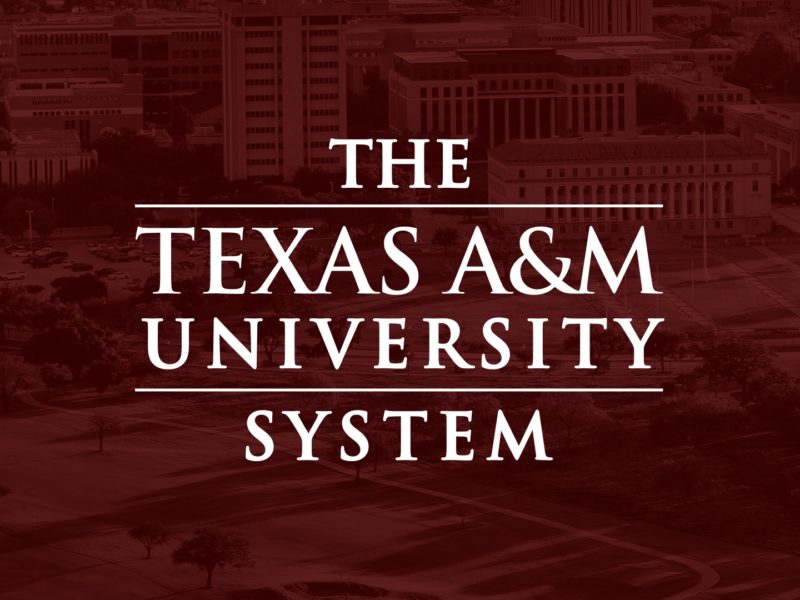Corporate Bribery Concerns Investors Primarily If Fraud Involved, Study Shows
Cultural values shape the overall view of the ethics of bribery, but a working paper co-authored by a Texas A&M University finance professor concludes that shareholders care little about corporate bribery unless the involved firm commits fraud to cover its tracks.

The study on which the paper is based appears in the current issue of PERCspectives on Research published by the Private Enterprise Research Center, an economics-oriented think tank at Texas A&M. The paper was co-authored by PERC Research Fellow D. Scott Lee, who also serves as professor of finance at Texas A&M, and Jonathan Karpoff of University of Washington and Gerald Martin of American University.
The high-profile Siemens AG bribery that surfaced in 2005 involved a quarter century of bribes totaling $1.8 billion, but a typical (median) bribe is $1 million paid over four years, Lee notes.
“The typical bribe led to a $36.6 million sales increase and a $2.6 million profit increase,” he points out. “Because firms caught bribing tend to be large, these sales and profit increases amounted to less than one percent of the firm’s existing sales and profits.”
Such are the findings in the article titled “The Effects of Anti-Bribery Enforcement“ that focuses on 115 firms that were caught bribing foreign government officials over a period spanning more than three decades. As its title implies, the Foreign Corrupt Practices Act (FCPA) of 1977 banned bribery of foreign officials.
“Less appreciated is the influence the FCPA maintains on corporate recordkeeping,” points out Lee, who notes the Securities and Exchange Commission (SEC) was established in the 1930s and charged with enforcing rules, including those forbidding fraudulent recordkeeping,” Lee observes. “Fraud implies intention to deceive, and the SEC found it devilishly hard to enforce anti-fraud rules without access to suspected violators’ financial records. So, Congress was persuaded to include recordkeeping in the FCPA that have been used ever since to combat financial reporting abuses.”
Through the end of 2011, FCPA charges have been leveled against 1,099 publicly traded firms. Bribery allegations were included in only 115 of these enforcement actions.
A surge in anti-bribery enforcements has occurred within the past decade, the Texas A&M professor observes.
When anti-bribery enforcement actions are first announced, a typical offending firm experienced a three percent drop in its stock price, he points out. However, FCPA enforcement actions are complex, lengthy affairs that involve many disclosures, so the researchers examined the content of the initial disclosure.
“Shareholders did not react, on average, to initial announcements that mentioned only bribery,” Lee says.” However, initial announcements that mentioned only financial misrepresentation resulted in share price losses of 17 percent, on average.”
Financial misrepresentation only becomes fraud when regulators are able to demonstrate intention to deceive, he explains.
“For actions involving fraud, the share price declined over 33 percent, on average,” Lee notes. “This pattern holds when they expand their analysis to include all announcements made over the course of an enforcement action.”
He says the resulting fines and legal expenses (direct costs) fully explain the share price losses that do not involve financial fraud.
“On the other hand, firms that committed fraud suffers substantial reputational losses in their ongoing relations with stakeholders – capital providers, suppliers and customers, for example,” he adds.
He says the FCPA’s recordkeeping provisions appear to serve a vital role in allowing regulators to examine the books of firms suspected of fraudulent activity, prompting the authors to express some concern that lobbying efforts to amend the FCPA’s anti-bribery provision could undermine the FCPA’s recordkeeping provisions.
PERC, which is directed by Texas A&M Distinguished Professor of Economics Thomas R. Saving, was established at the university in 1977. Its mission includes producing research that addresses important public policy issues.
Media contact: tamunews@tamu.edu.





